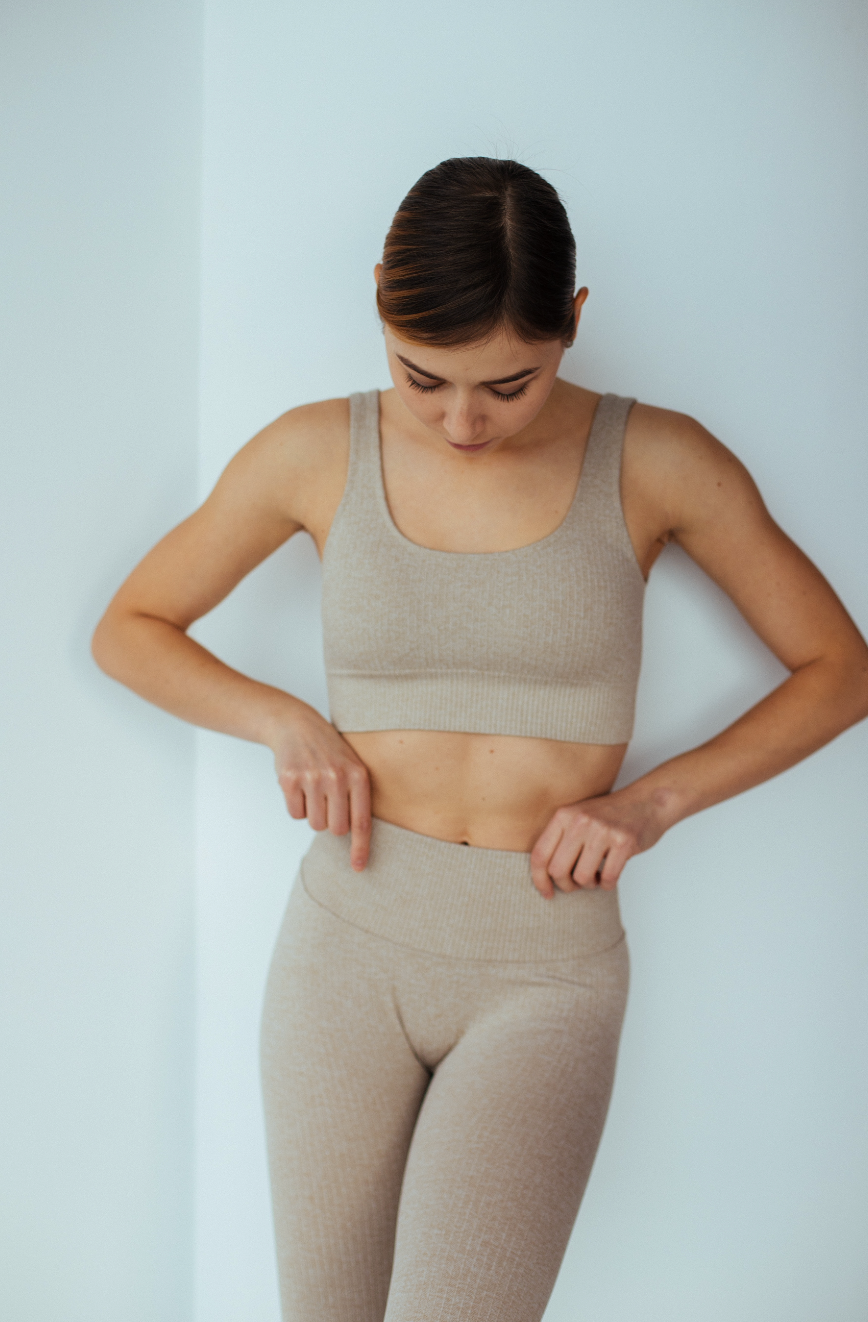
Taming the Tummy Troubles: Understanding and Easing Bloating During Your Period
Share
For many women, menstruation is a natural part of life, bringing with it a range of physical and hormonal changes. Alongside menstrual cramps and mood swings, bloating during your period is a common concern that can leave you feeling uncomfortable and frustrated. Let's explore the reasons behind bloating on your period and provide practical tips to ease this bothersome symptom, empowering you to navigate your menstrual cycle with greater comfort and confidence.
- The Anatomy of Bloating
Bloating is the sensation of fullness and swelling in the abdomen, often accompanied by increased gas and discomfort. During your menstrual cycle, hormonal fluctuations, particularly in estrogen and progesterone, can lead to fluid retention and gastrointestinal changes, contributing to bloating.
- Hormonal Culprits: Estrogen and Progesterone
Estrogen and progesterone levels rise and fall throughout the menstrual cycle, peaking just before menstruation. These hormonal shifts can cause the body to retain water, leading to bloating and a feeling of heaviness in the abdomen.
- Gas and Digestive Changes
Hormones not only affect fluid retention but also influence the gastrointestinal tract. Increased progesterone during the luteal phase of the cycle can slow down digestion, leading to gas buildup and bloating.
- Tips to Tame the Bloat
a. Stay Hydrated: Drinking plenty of water can help flush out excess fluids and reduce bloating. Avoid sugary drinks and carbonated beverages, as they can exacerbate bloating.
b. Healthy Diet: Consume a well-balanced diet rich in fruits, vegetables, whole grains, and lean proteins. Reduce salt intake to minimize water retention.
c. Limit Trigger Foods: Certain foods, like salty snacks, caffeine, and carbonated drinks, can worsen bloating. Be mindful of these triggers during your period.
d. Exercise: Regular physical activity can help improve digestion and alleviate bloating. Incorporate light exercises, such as walking or yoga, into your routine.
e. Herbal Teas: Herbal teas like peppermint or ginger can aid in digestion and provide relief from bloating discomfort.
f. Avoid Tight Clothing: Wearing tight clothing can put pressure on the abdomen and worsen bloating. Opt for loose, comfortable clothing during your period.
g. Over-the-Counter Remedies: Over-the-counter anti-gas medications or simethicone may help relieve bloating temporarily.
- When to Seek Medical Advice
While bloating during your period is usually a normal symptom, severe or persistent bloating could be a sign of an underlying health issue. If you experience severe pain, unusual changes in bowel movements, or bloating that occurs outside of your menstrual cycle, it's essential to consult with a healthcare professional for proper evaluation and diagnosis.
Experiencing bloating during your period is a common and manageable symptom. Understanding the hormonal influences and making simple lifestyle adjustments can help ease bloating and provide relief during your menstrual cycle. By staying hydrated, adopting a healthy diet, and incorporating regular exercise, you can navigate your period with greater comfort and well-being.
Remember that every woman's body is unique, and what works for one person may not work for another. Be patient with yourself and listen to your body's signals. If bloating becomes concerning or interferes with your daily life, don't hesitate to seek guidance from a healthcare professional for personalized advice and support. Empower yourself with knowledge and practical strategies to tame the tummy troubles and embrace your menstrual cycle with confidence and comfort.
